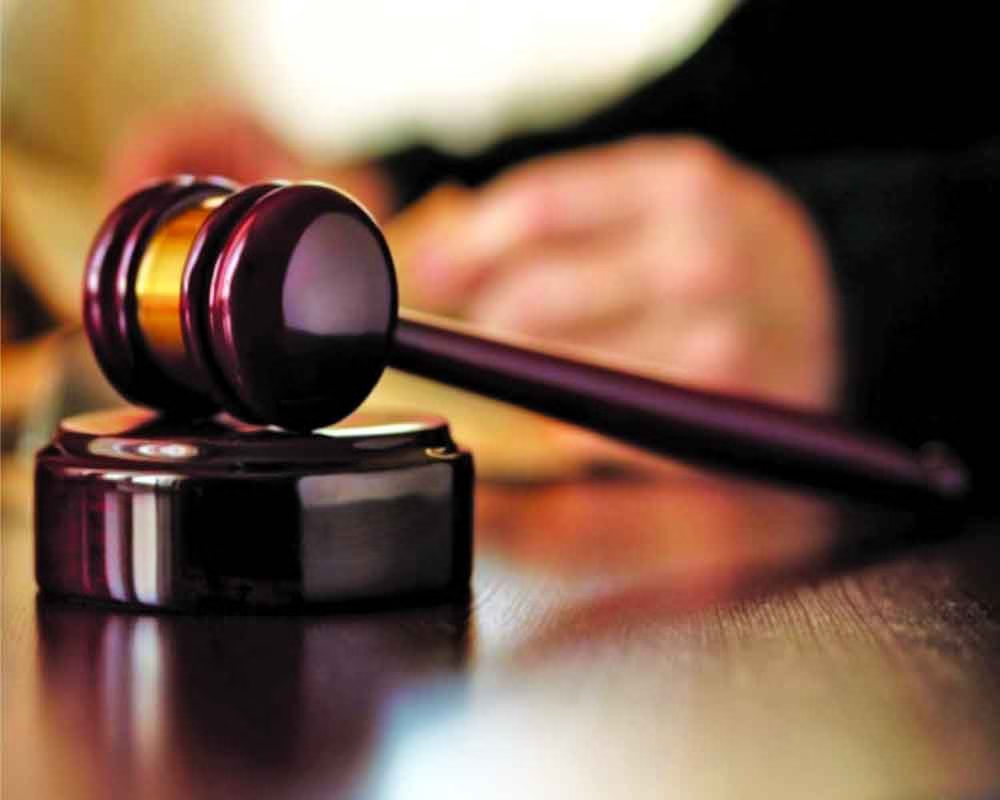In a significant move addressing the severe power crisis in Karachi, Jamaat-e-Islami (JI) has filed a petition in the Sindh High Court demanding an end to load shedding, especially during the city’s intense heat waves. The petition targets K Electric, the primary power supplier in Karachi, and calls for immediate and uninterrupted power supply to alleviate the suffering of the city’s residents.
Key Points of the Petition
The petition submitted by Jamaat-e-Islami highlights several critical issues:
Uninterrupted Power Supply: JI requests that K Electric be mandated to provide an uninterrupted power supply, particularly during heat waves when the demand for electricity surges and the health risks due to extreme heat are exacerbated.
False Claims of Load Shedding-Free Feeders: The petition challenges K Electric’s claim that 71% of its feeders are load shedding-free, labeling this assertion as false. JI argues that the reality on the ground is starkly different, with widespread and frequent power outages affecting a vast majority of the city’s population.
Performance Penalty: It is pointed out that the National Electric Power Regulatory Authority (NEPRA) has imposed a penalty of Rs 5 crore on K Electric due to its non-standard performance. This penalty underscores the regulatory body’s recognition of K Electric’s failures and inefficiencies.
Technical Faults: The petition argues that technical faults, which are frequently cited as causes for power outages, fall under K Electric’s responsibility and should be rectified promptly. The power company’s inability to address these issues contributes significantly to the ongoing load shedding problem.
Severe Load Shedding: JI notes that Karachi is experiencing an average of 16 hours of load shedding per day, with even nighttime hours now affected. This extended duration of power outages is causing immense hardship, particularly as it coincides with the city’s heat waves.
Health Crisis: The petition emphasizes the health implications of prolonged load shedding during heat waves. Hundreds of citizens are reportedly being hospitalized daily due to heat-related illnesses, exacerbated by the lack of access to electricity for cooling and hydration.
Parties Involved
The petition names several key parties, including:
- Federal Ministry of Energy: As the overarching authority responsible for energy policies and regulations, the Ministry is implicated in ensuring the implementation of effective measures to resolve the power crisis.
- National Electric Power Regulatory Authority (NEPRA): As the regulatory body overseeing electricity supply standards, NEPRA’s role in penalizing K Electric and enforcing performance standards is highlighted.
- K Electric: The primary respondent in the petition, K Electric is held accountable for its failure to provide a consistent and reliable power supply.
- Other Relevant Authorities: The petition includes other unnamed entities that may play a role in resolving the power crisis.
Legal and Social Implications
This petition by Jamaat-e-Islami not only brings the severe power issues of Karachi to the forefront but also underscores the urgent need for a systemic overhaul of the city’s electricity supply infrastructure. The legal proceedings could lead to:
- Increased Accountability: A court directive could enforce greater accountability on K Electric and compel it to improve its infrastructure and service delivery.
- Policy Reforms: The involvement of the Federal Ministry of Energy and NEPRA may prompt policy reforms aimed at ensuring more reliable power supply and better regulatory compliance.
- Public Awareness and Support: The petition highlights the dire situation faced by Karachi’s residents, potentially galvanizing public support for more rigorous action against inefficiencies in power supply.
The move by Jamaat-e-Islami to approach the Sindh High Court is a critical step towards addressing the chronic power outages in Karachi, especially during life-threatening heat waves. By holding K Electric accountable and involving key governmental and regulatory bodies, the petition seeks to bring about meaningful changes that ensure a reliable power supply for the city’s residents. The outcome of this legal battle could set a precedent for improved utility services and better protection of citizens’ health and well-being during extreme weather conditions.



